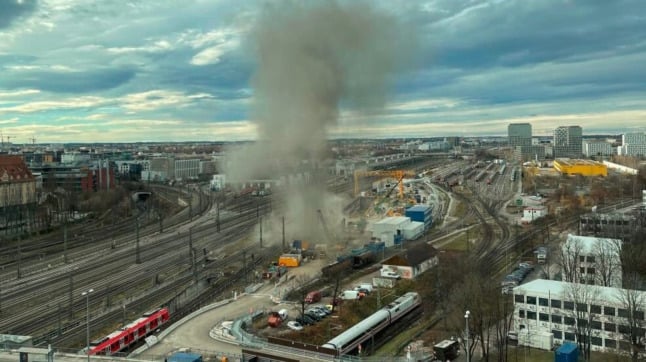As Germany fails to close the gender gap in the workplace, and a debate continues about whether quotas should be introduced to improve the mix of people working at the top levels of industry in the country, the figures generally show men way ahead of women.
Yet Schröder hosted a conference in Berlin on Wednesday to talk about what could be done to help men. She told how the share of kindergarten teachers who are male in Germany had risen from 2.4 to 2.9 percent. Yet she was put to shame by the 10 percent of Norwegian kindergarten teachers who are men.
Men are stuck in clichéd roles just as women are, she said – and pointed to the “Boys’ Day” she has set up to encourage boys to go and spend a day in a traditionally female work place.
Yet just as she is against mandatory quotas for women in the workplace, Schröder is against quotas for men – instead she intends to rely on encouragement, a position which was criticised at the conference. Her Austrian counterpart Rudolf Hundstorfer called for quotas, which he said would work to kick off real change.
Is it time men received more consideration in gender policies? As eating disorders increase among boys and men, are they also subject to more pressure to look a particular way – and be a certain way? Are men becoming victims too?
Are they being forgotten and disadvantaged by the efforts made to level the playing field for women? Is it a zero-sum calculation – does helping one gender necessarily mean making things more difficult for the other, or can changes be made that can benefit everyone?
Registered users of The Local may add their comments in the field below. If you haven’t signed up yet, you can do so here – it’s free and only takes a moment.



 Please whitelist us to continue reading.
Please whitelist us to continue reading.
Member comments